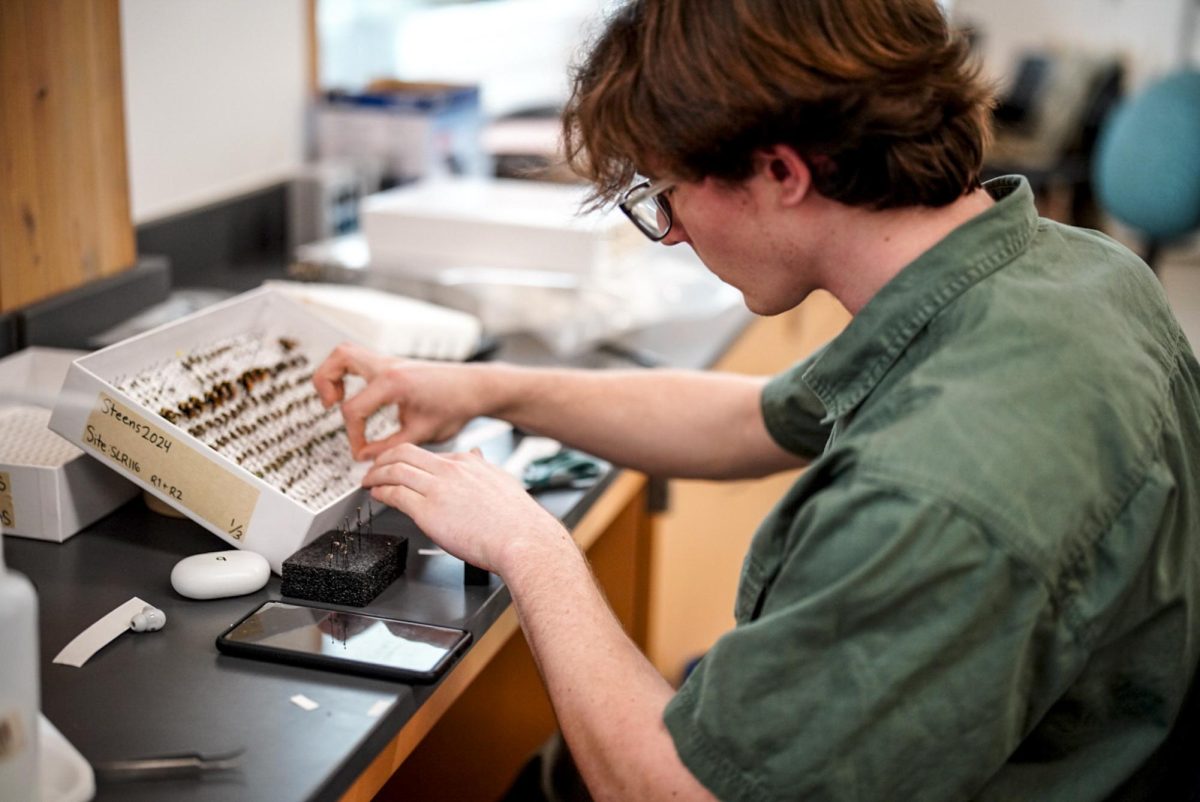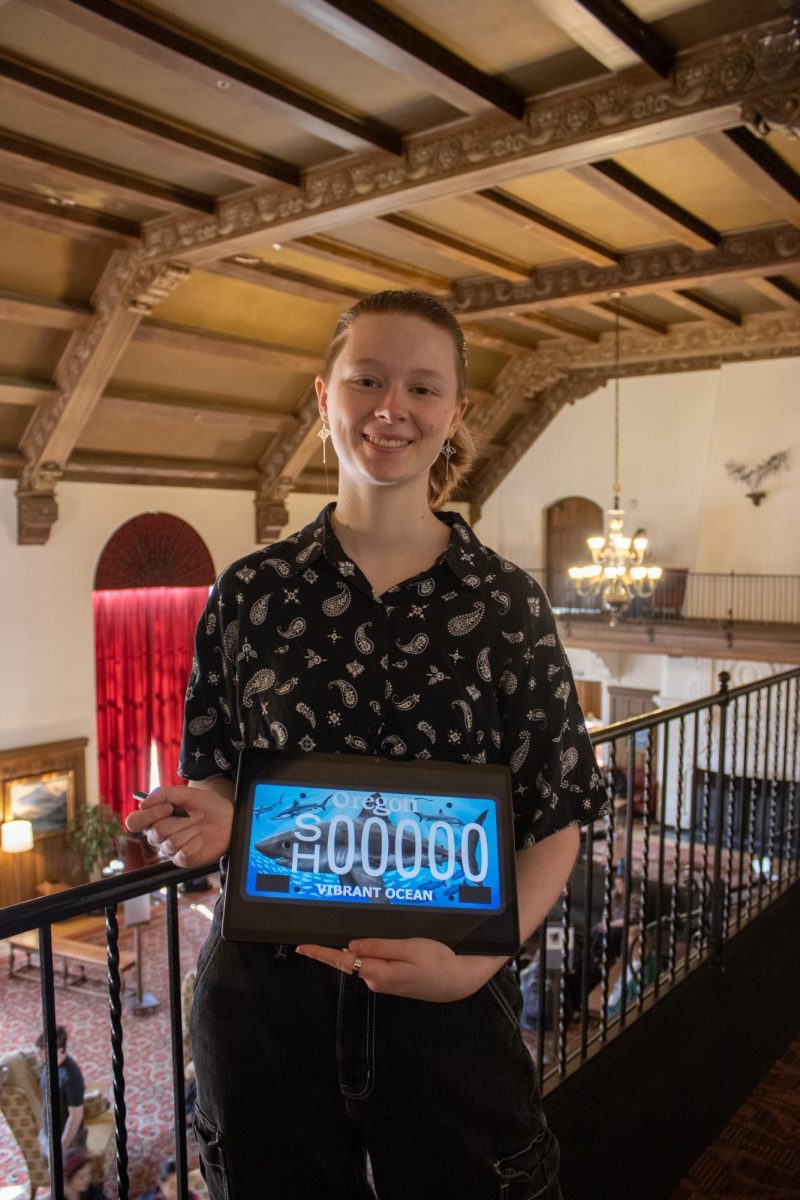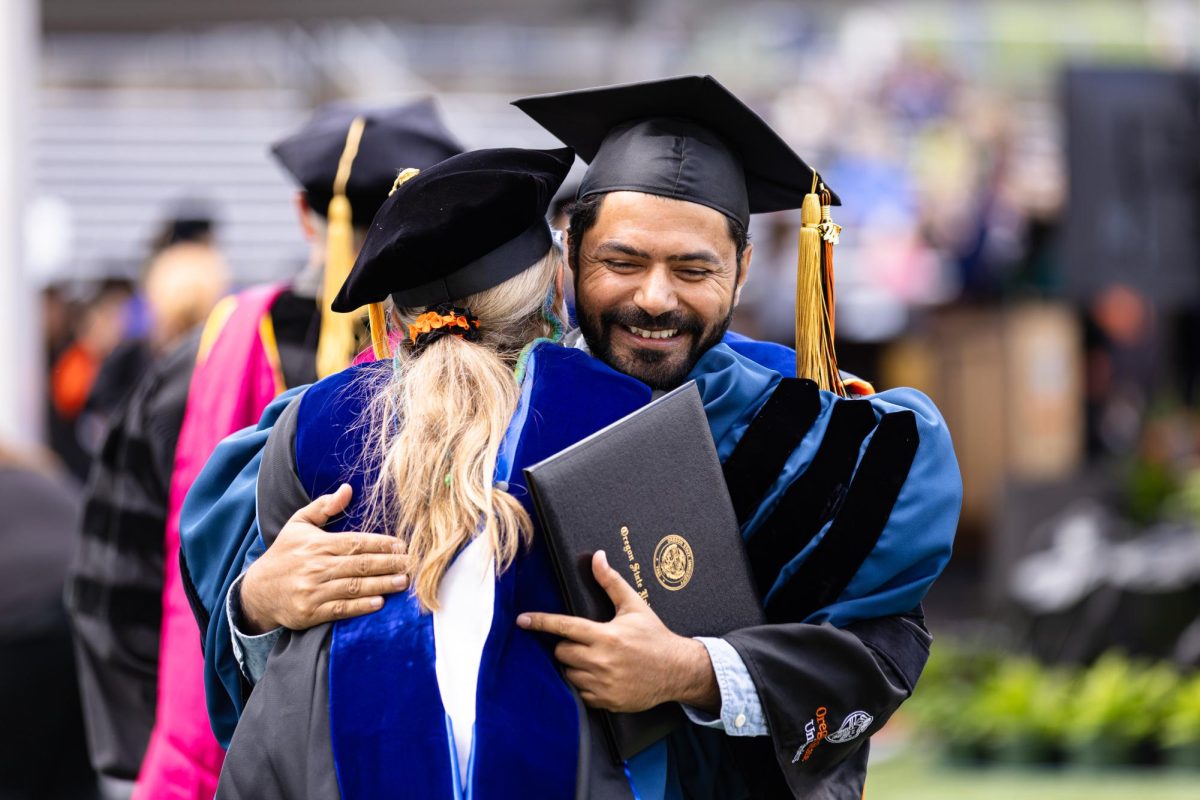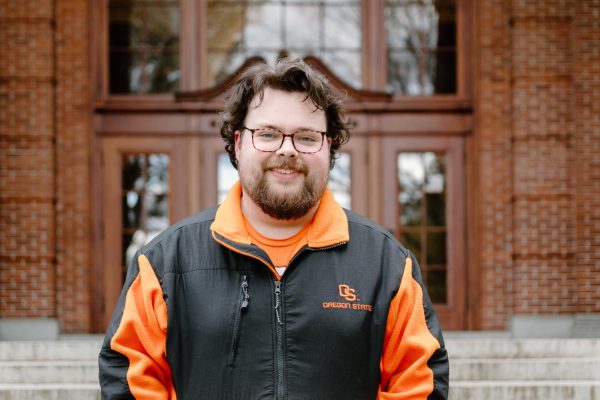On March 23, 2020, then-Oregon Governor Kate Brown signed a stay-at-home order, beginning what many remember simply as “lockdown.”
12 days prior, the World Health Organization declared COVID-19 a global pandemic, and 10 days prior Benton County reported its first cases of the disease, according to a 2021 Barometer article.
Oregon State University’s COVID-19 restrictions would remain in place until June of 2021, and the state’s last remaining mask mandate, one requiring masks in hospitals and doctor’s offices, would remain in place until April of 2023.
With 2025 marking five years since Oregon’s lockdown began, what lessons have public health experts and students alike taken away from the pandemic?
According to Kelly Hower, executive director of OSU’s Student Health Services, most COVID-19-related SHS policies and programs are no longer in place. However, Hower said in an email that SHS still offers masks, and still has COVID-19 tests for sale.
For third-year public health major Emma Cantlin, the pandemic began during freshman year of high school.
“I was kind of excited to hear ‘oh, two weeks off of school’ but once it turned into the rest of the school year, I do remember feeling isolated at times,” Cantlin said.
Cantlin worked in a retirement home after the pandemic, and also did volunteer work with unhoused people and people with mental health issues. She said the pandemic changed her perspective on public health, making her think of the behind-the-scenes efforts at hospitals and other facilities.
“It definitely made me want to be a part of improving the system for the future,” said Cantlin.
Neeva Deacon, a third year student majoring in public health and Spanish, said the pandemic had a large impact on their mental health.
“I dropped every friend that I had and just stayed inside, I wouldn’t go to the grocery store without gloves and two masks on, I was sanitizing, showering everyday, I wouldn’t walk outside,” Deacon said.
Today, as a public health major, Deacon said they view their circumstances as “almost unnecessary.”
“A lot of people, me included, were going through that much when we could have had the infrastructure to deal with this but oftentimes, our funds were allocated elsewhere,” Deacon said.
Deacon said they believe many people today don’t look at the full picture of the pandemic, looking back instead on just “what they did or how they cheated on homework. For some, though, the pandemic changed lives.
“My little brother has an autoimmune disorder, and so I’ve definitely seen it completely change the way he goes about his day-to-day life,” Deacon said.
Cantlin said COVID-19 still comes up in conversations with her friends, and that the disease is discussed often in her public health classes. She said these discussions tend to focus on lack of preparedness or mental health impacts.
“During COVID, so many people didn’t have access to ventilators or PPE, and that stuff, I know it’s easier said than done, but it shouldn’t happen.”
Deacon, meanwhile, said they often see COVID-19 used as an example.
“It’s such a recent and useful tool because of the magnitude at which it impacted everyone,” Deacon said.
Vee Escobar, a masters student studying public health, said in an email that her classes have highlighted how much collaboration and planning is needed in public health. Escobar added that this need, and a need for wide skillsets in public health, are heightened during a pandemic.
For Cantlin, two big takeaways were the importance of mental health and investment in medical research.
“Continuing to invest in medical research, it benefits everyone, so I don’t think that should be a topic of discussion, it shouldn’t be so polarizing,” Cantlin said.
Deacon said the lesson they want people to take away is to not rely on social media for health information, and to get vaccinated and vote.
“You have no idea how important vaccines are,” Deacon said. “If you stop getting vaccinated we will have another epidemic of something we’ve already solved.”
Escobar said that while it’s easy for people to want to give up in hard times, there is still reason to have hope.
“I think there are a lot of people in this world from the humanities to the sciences who want to create programming for the betterment of humanity,” Escobar said.







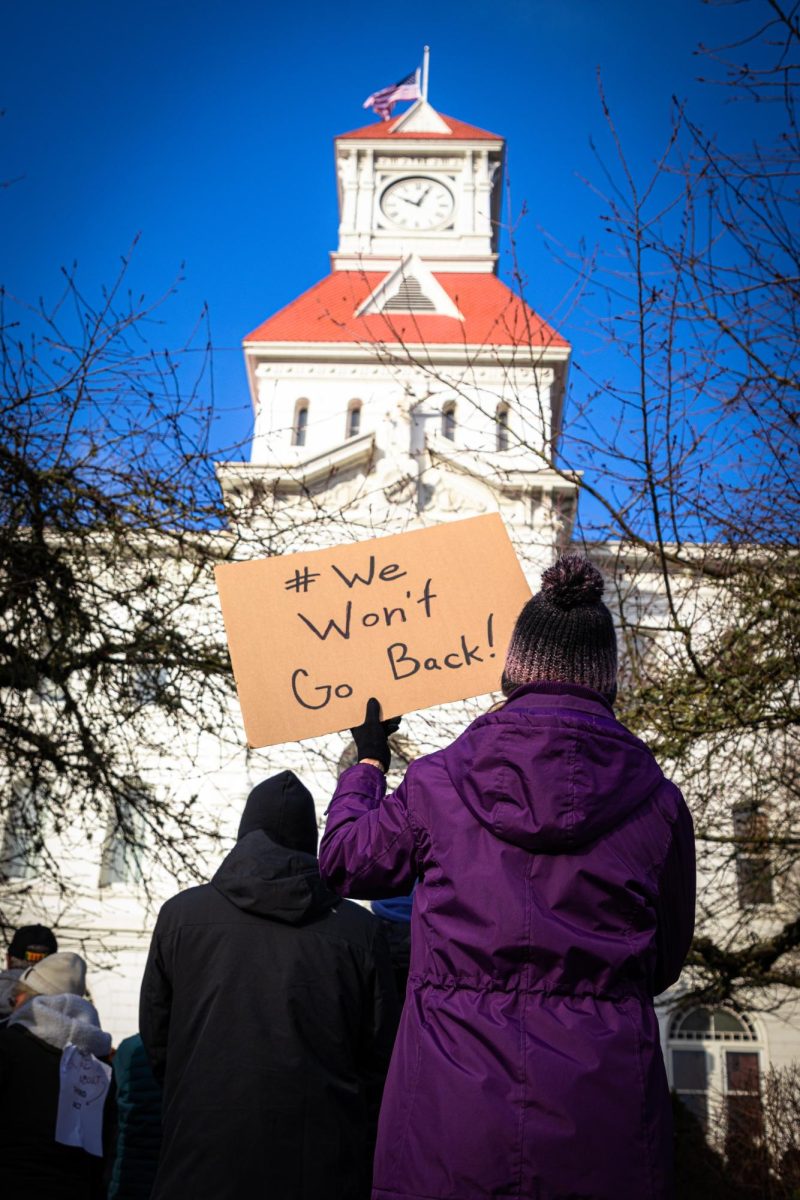

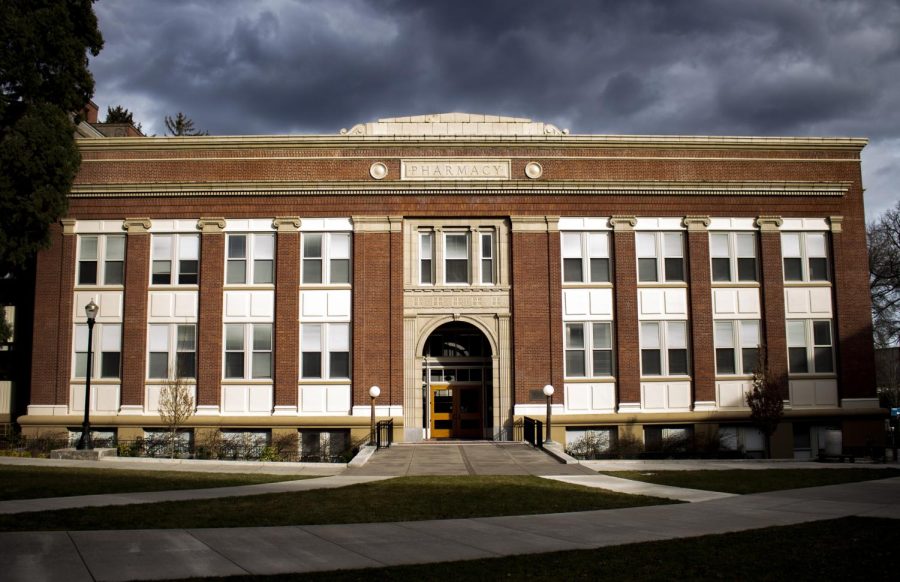
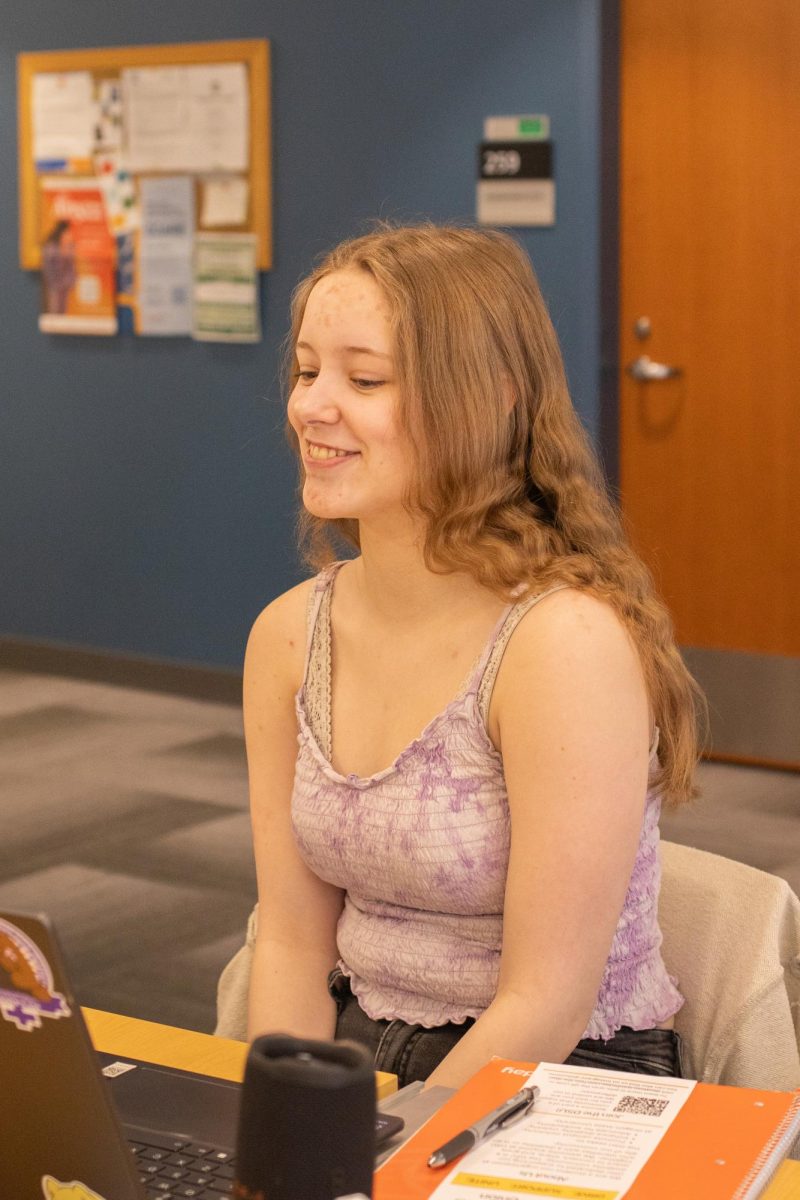
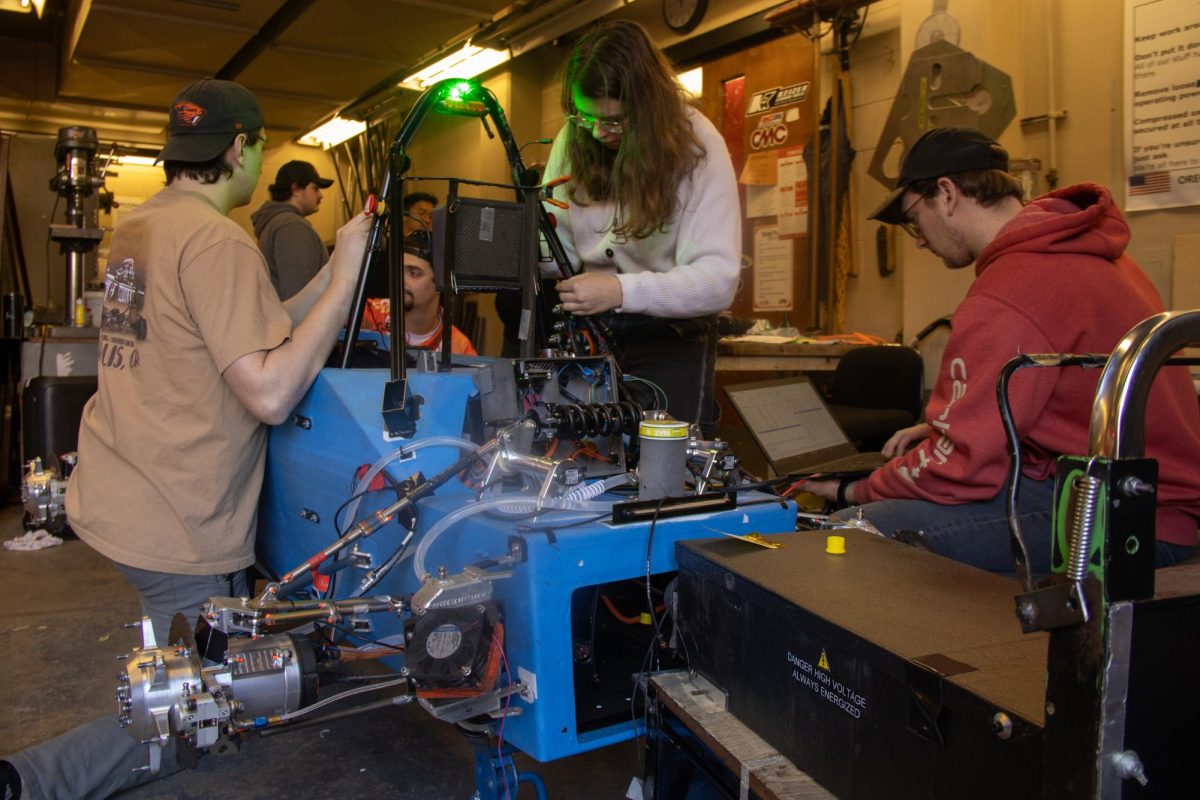
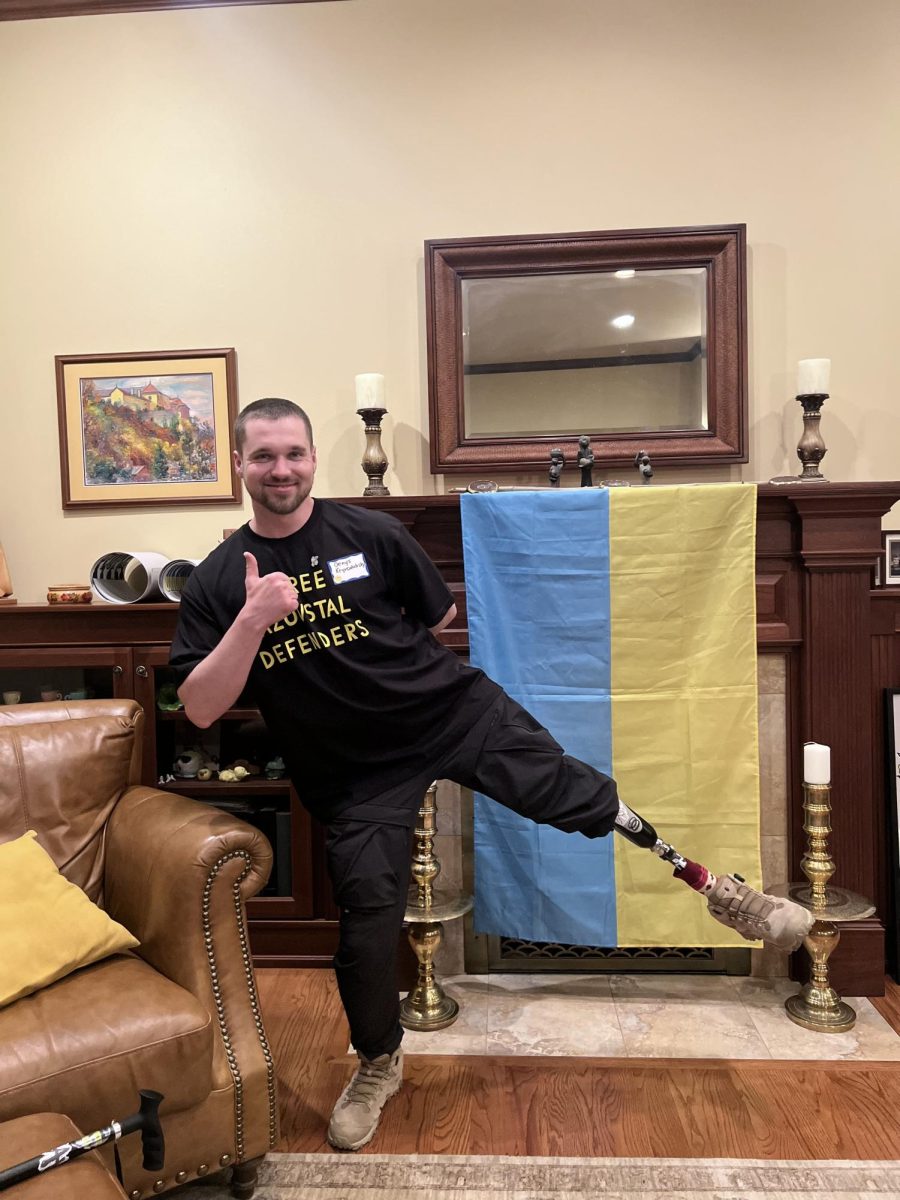


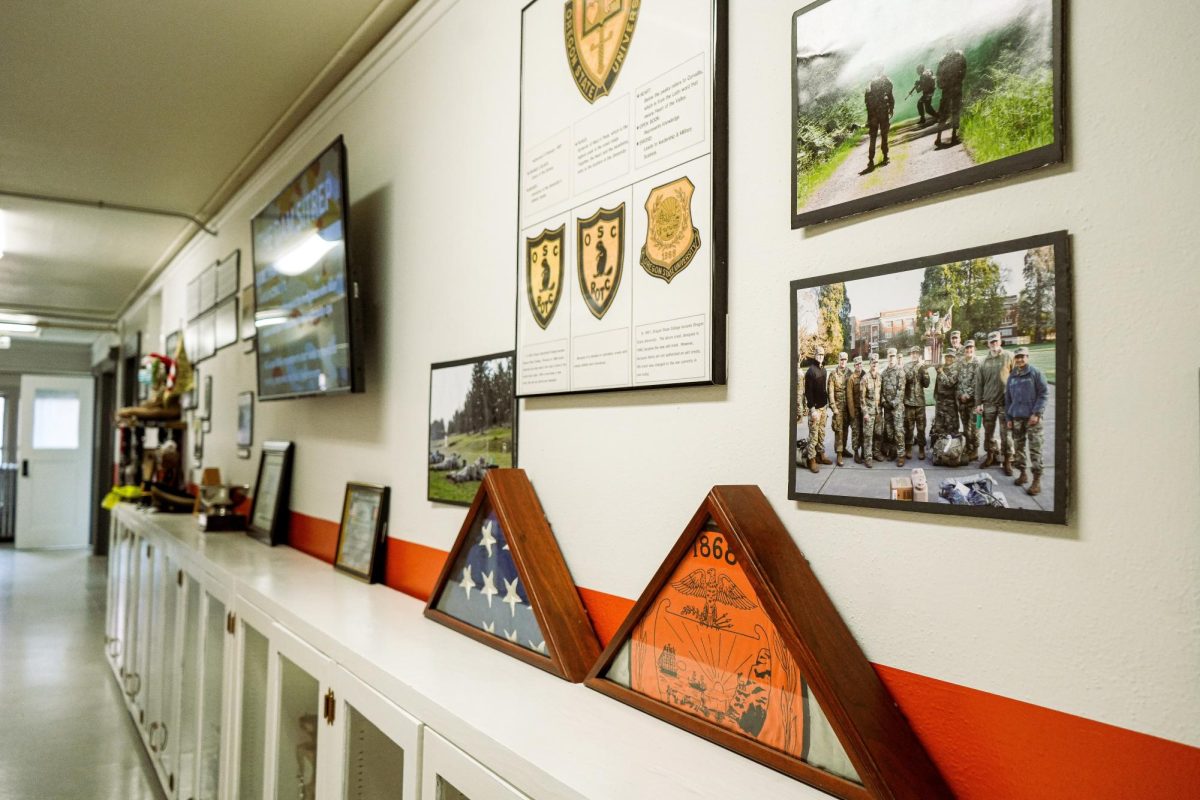










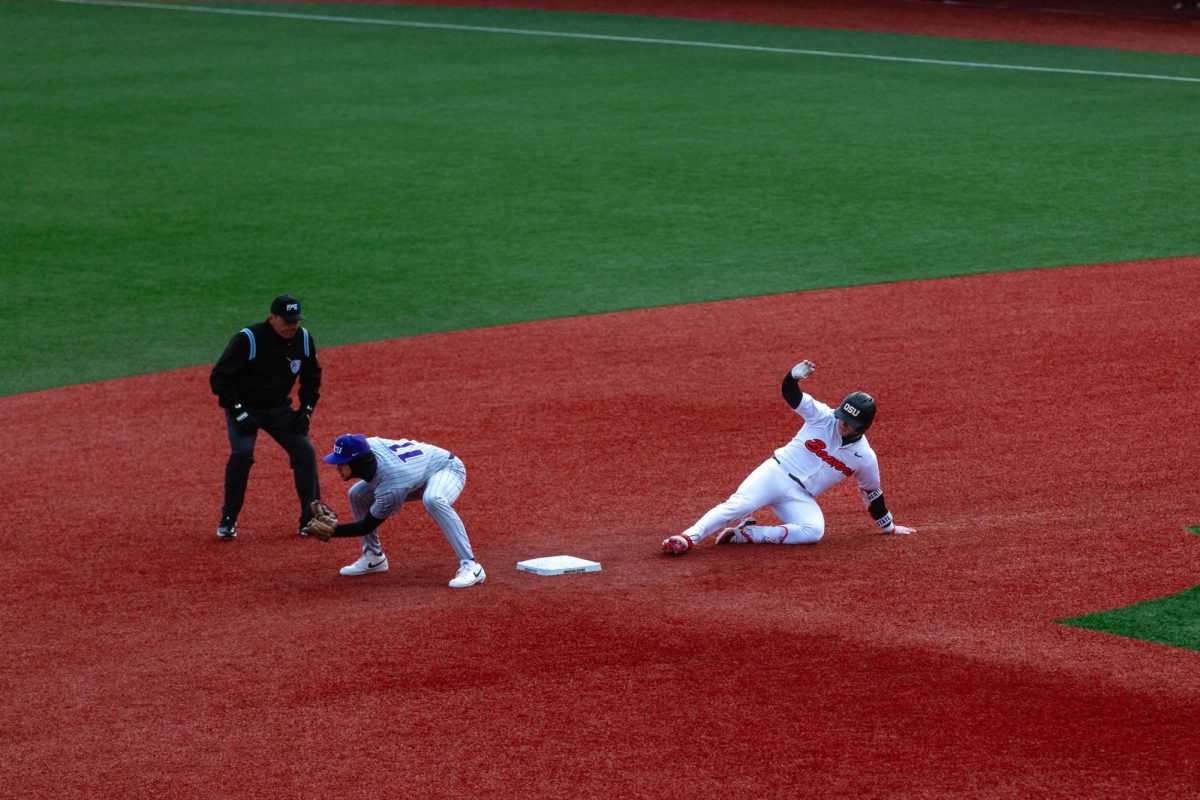
























































![Newspaper clipping from February 25, 1970 in the Daily Barometer showing an article written by Bob Allen, past Barometer Editor. This article was written to spotlight both the student body’s lack of participation with student government at the time in conjunction with their class representatives response. [It’s important to note ASOSU was not structured identically to today’s standards, likely having a president on behalf of each class work together as one entity as opposed to one president representing all classes.]](https://dailybaro.orangemedianetwork.com/wp-content/uploads/2025/03/Screenshot-2025-03-12-1.00.42-PM-e1741811160853.png)

























